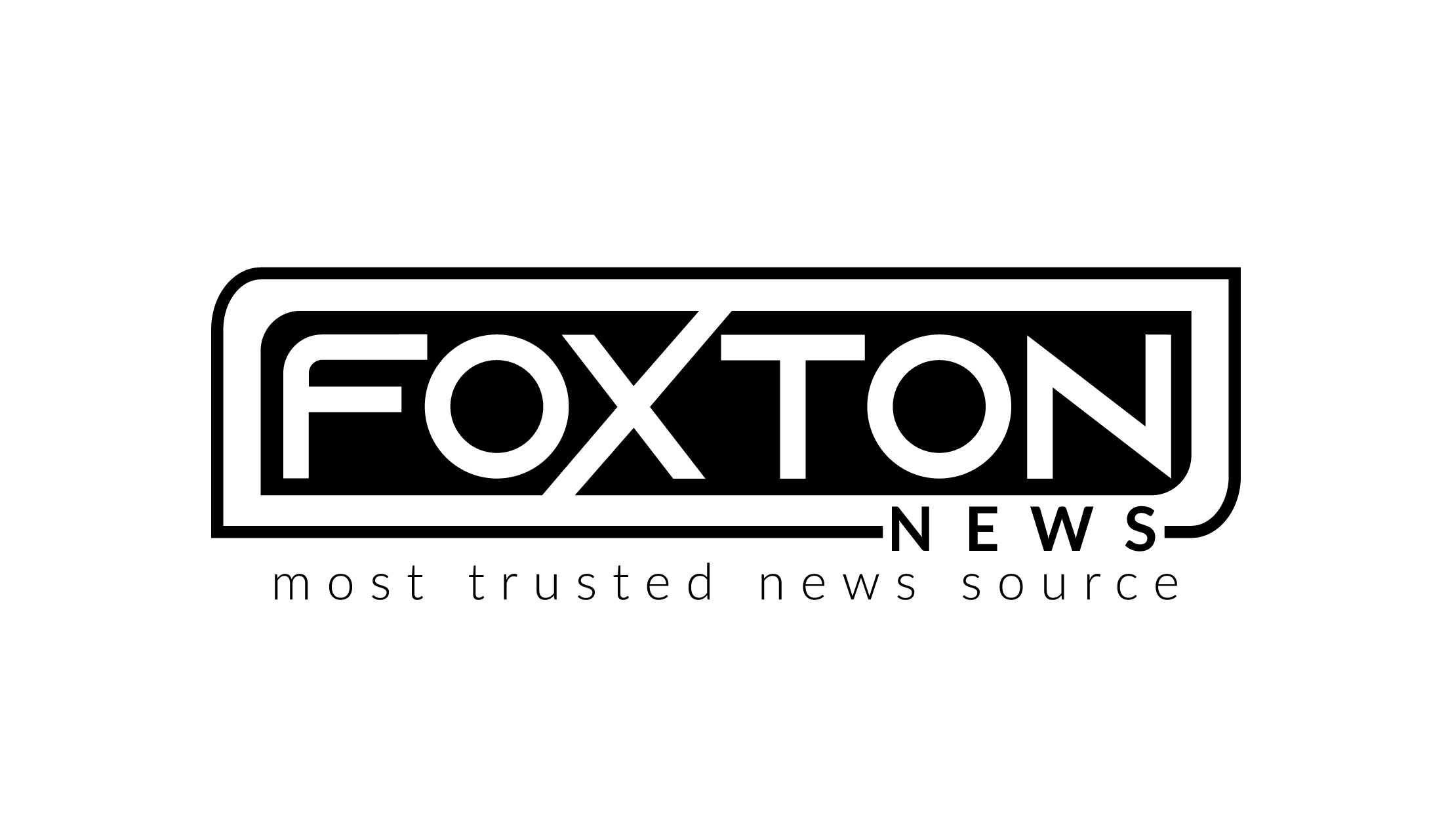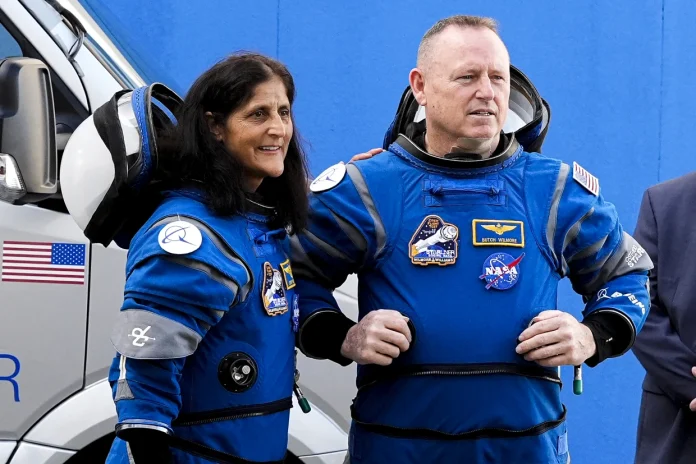Once again, NASA and Boeing were compelled to abort the eagerly anticipated inaugural crewed launch of the company’s Starliner spacecraft.
NASA astronauts Barry “Butch” Wilmore and Sunita Williams were poised to embark aboard the Starliner from Florida’s Cape Canaveral Space Force Station on Saturday at 12:25 p.m. ET. This flight to the International Space Station marked the vehicle’s maiden crewed voyage.
However, with just 3 minutes and 50 seconds left in the countdown, the launch was scrubbed — adding to Boeing’s litany of setbacks, including years of delays and budget overruns with its Starliner program.
This crewed test flight stood as the final step for Boeing to demonstrate the Starliner’s capability to transport astronauts to and from the space station safely. Success would have granted NASA the authority to greenlight routine trips to the orbiting outpost, providing the agency with a long-awaited alternative to SpaceX’s Crew Dragon capsule.
The decision to halt the launch came after an automatic hold was triggered on the ground launch sequencer, a computer controlling operations in the countdown’s final moments.
According to Dillon Rice, a systems test engineer and launch conductor at United Launch Alliance (ULA), a joint venture of Boeing and Lockheed Martin responsible for manufacturing the Atlas V rocket carrying the Starliner capsule into orbit, such holds occur when a command is issued but the computer cannot verify the appropriate response.
The cause of the hold remains undetermined at this stage.
Delays in human spaceflight are not uncommon. While a backup launch opportunity is slated for Sunday, with additional options on June 5 and 6, uncertainty looms over whether the capsule and rocket will be ready in time.
In an interview preceding the aborted launch, Sunita Williams’ mother, Bonnie Pandya, shared that her daughter was in high spirits. “She’s very upbeat. She’s so happy about going,” Pandya said. “She loves it.”
Boeing’s prior launch attempt on May 6 was also called off, this time with approximately two hours remaining in the countdown, due to a valve issue detected in the spacecraft’s Atlas V rocket. Subsequently, a separate helium leak was discovered in the Starliner’s propulsion system, further delaying the critical test flight.
While the rocket’s valve was replaced, the helium leak was not addressed before Saturday’s scheduled flight, as it was deemed unlikely to endanger the crew or spacecraft.
Both SpaceX and Boeing developed their spacecraft under NASA’s Commercial Crew Program, which commenced over a decade ago to support private companies in crafting new space vehicles for ferrying astronauts to low-Earth orbit post the retirement of NASA’s space shuttles.
However, Boeing trails significantly behind SpaceX, which has been conducting crewed missions to and from the space station for NASA since 2020.
Saturday’s setback is just one of many hurdles the Starliner has encountered. Software glitches during its initial uncrewed flight in 2019 forced controllers to cut short the mission before attempting to dock with the space station. Subsequent delays followed due to fuel valve issues. It wasn’t until 2022 that Boeing managed a successful uncrewed flight to and from the space station.


